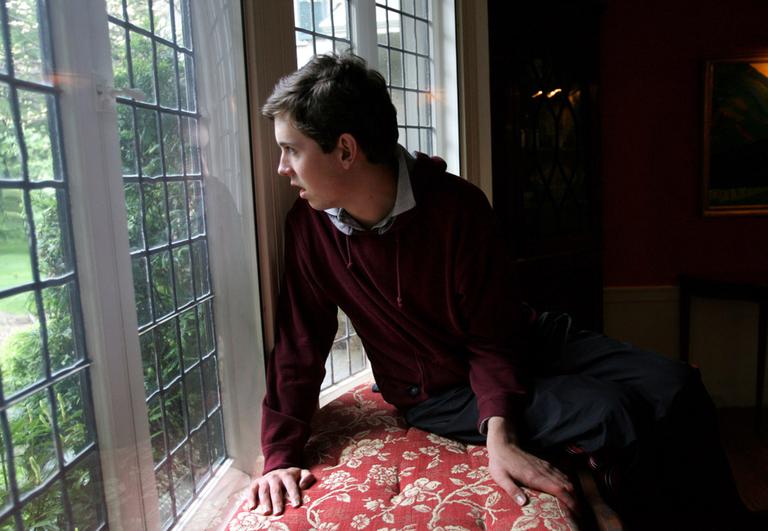Advertisement
Biologically Based Test May Help Diagnose Autism
Resume
Doctors at McLean Hospital in Belmont say it may no longer be a wait-and-see game when it comes to children and autism.
Researchers at McLean and the University of Utah have developed a brain scan that may be able to detect autism with 94 percent accuracy, although the test — an MRI that examines the brain's circuitry — is not yet in clinical use.
This discovery marks a significant breakthrough for researchers, and this new scan may someday replace the subjective test that's currently used to diagnose autism, according to Dr. Nicholas Lange, the lead author of a new study describing the scan and a specialist in childhood autism at McLean and Harvard Medical School.
Autism was first recognized almost 70 years ago, yet until now there has been "no biological indicator of its presence that can be used" to help diagnose the disorder, Lange said. Instead, autism is currently diagnosed through a structured four hour-interview with parents, including a one-hour observation period with the child.
While there is still no cure for the disorder, earlier detection — perhaps using this new biological testing method — could help parents find earlier interventions for their children, Lange said.
We talk with the lead author of this new autism study, which appears in the journal Autism Research, and take your questions.
Guest:
- Dr. Nicholas Lange, director, Neurostatistics Laboratory at McLean Hospital; associate professor of psychiatry, Harvard Medical School
This segment aired on December 2, 2010.